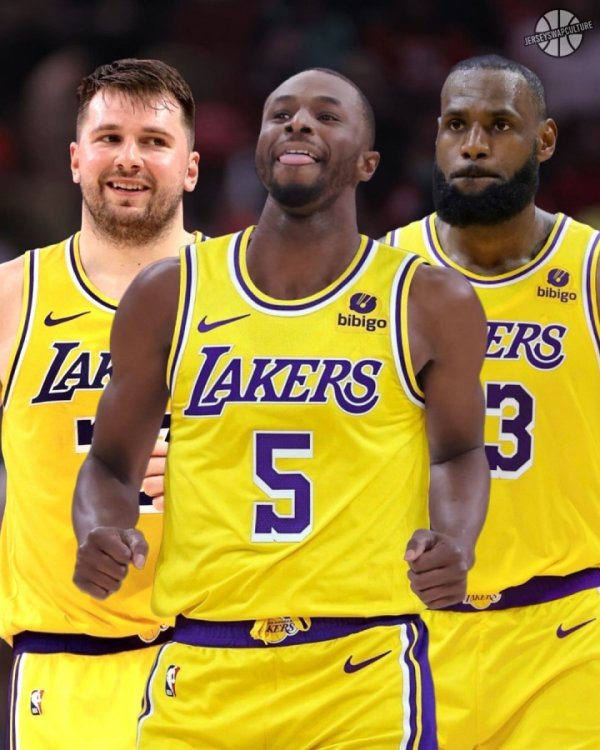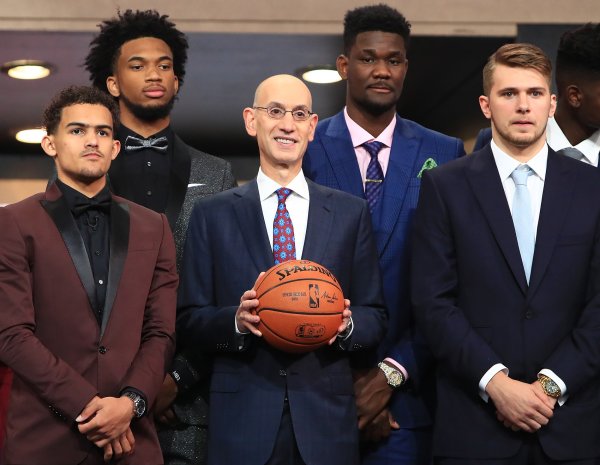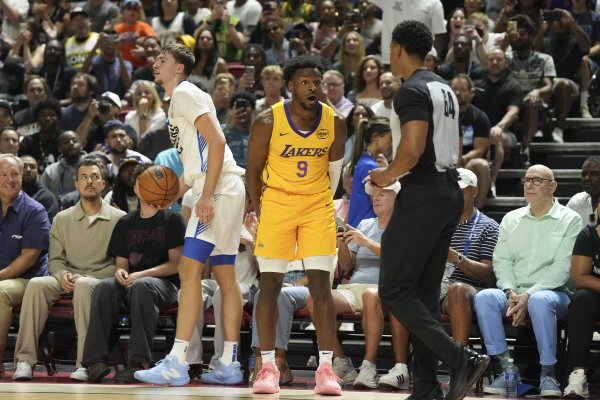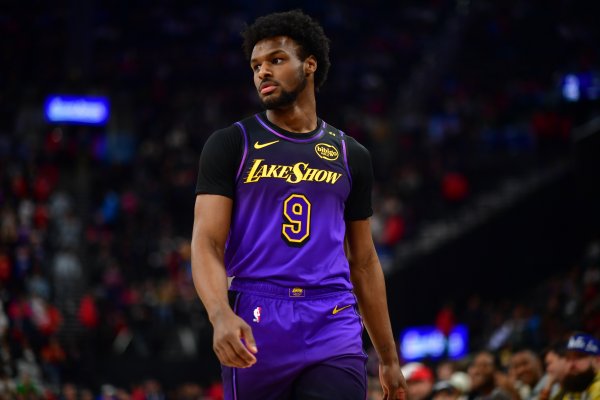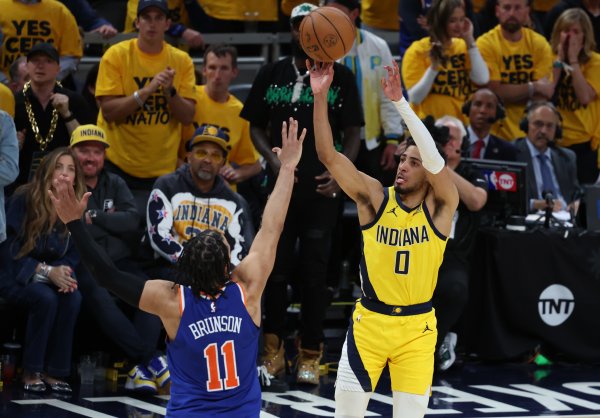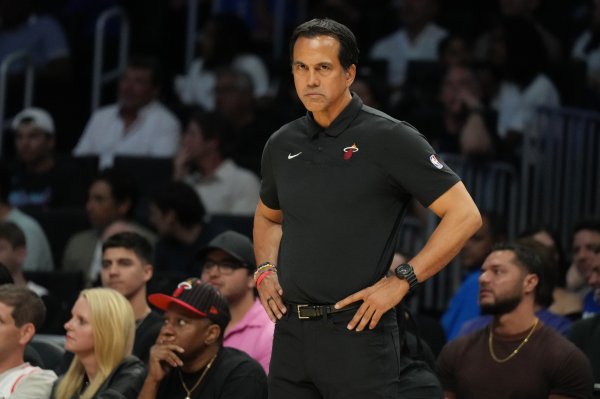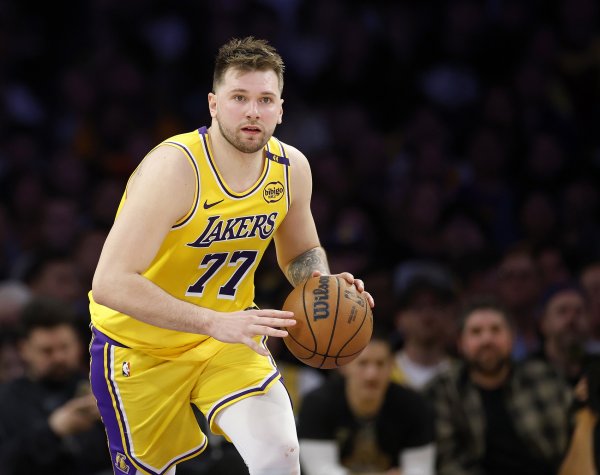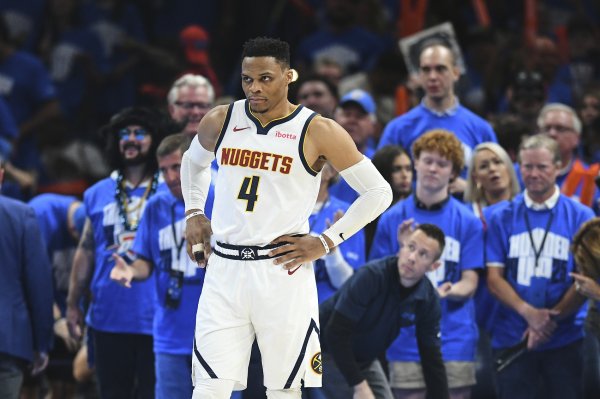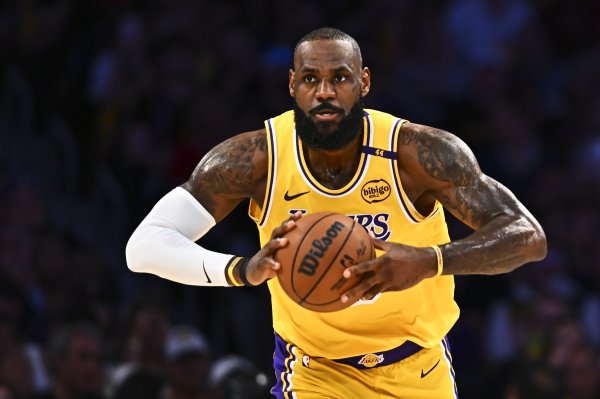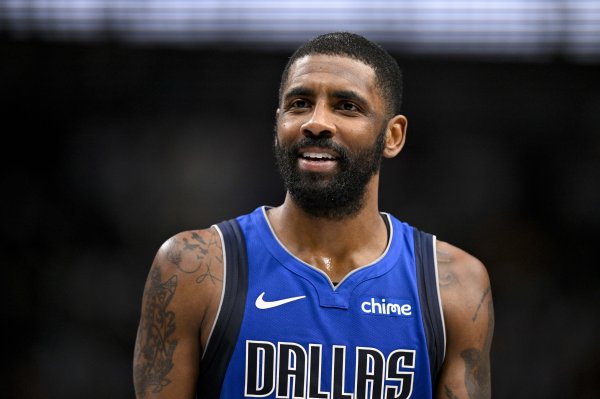Zhan’s execution option = last year? 🤔 Want to continue playing & to compete for the championship, and a salary cut and 1+1 is a better choice
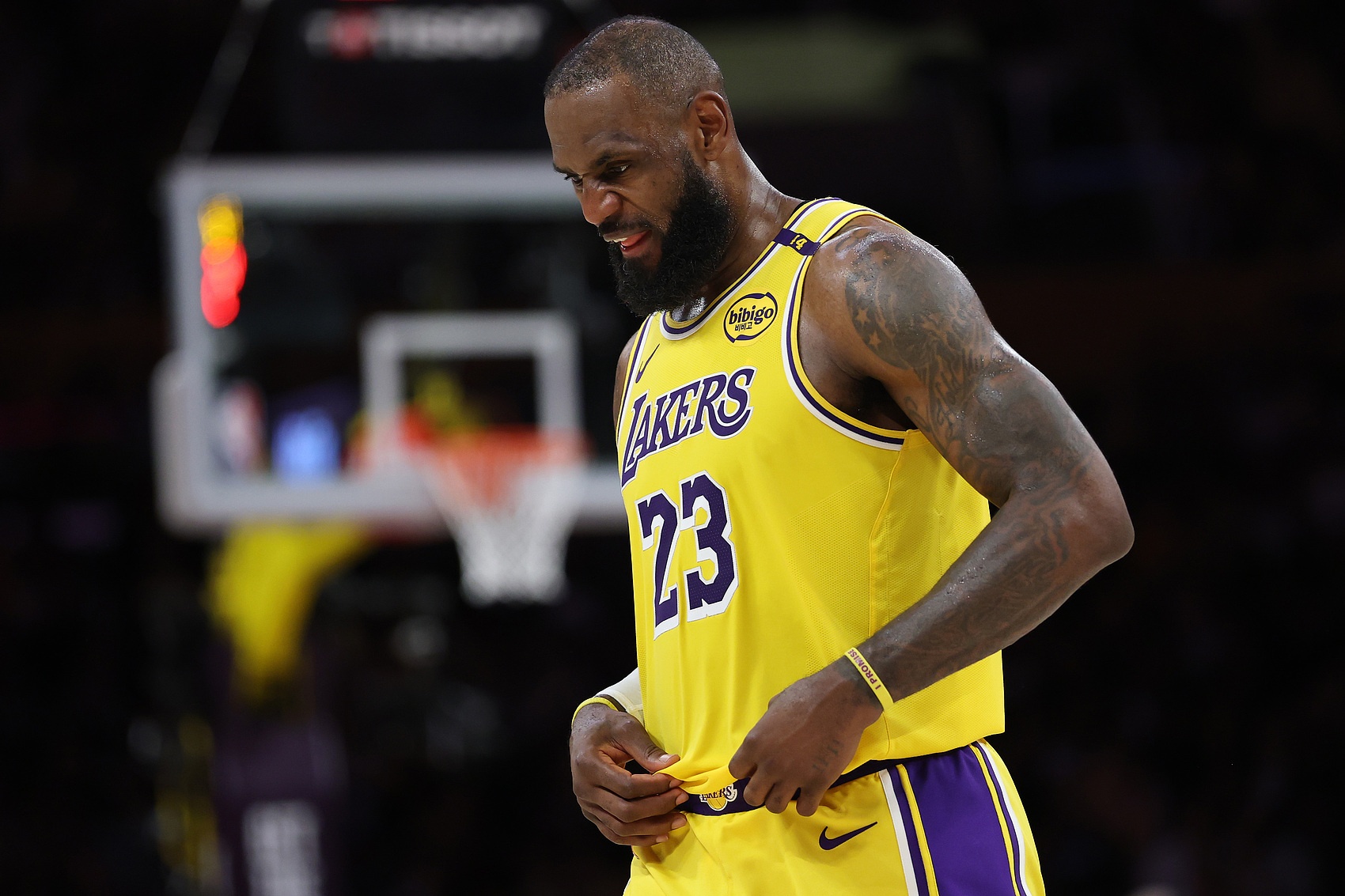
(The original article was published on June 28, and the author is Sam Quinn of CBS Sports. The content of the article does not represent the translator's views)
James earns more than any player in NBA history. James is expected to execute the $52.6 million player option next season, according to ESPN's report last month. According to data from sports salary website Spotrac, if James chooses to execute the player option, his total career income will exceed $581 million. With over-the-counter revenue and business investment, it is reported from many sources that James's revenue had exceeded billions of dollars many years ago.
As the richest player in the NBA, James has more room for consideration than most players when the special contract structure has a certain rationality. At present, multiple news shows that James is still weighing the choices, and the Lakers' offseason planning is partly determined by his decision. Next, we will conduct in-depth analysis of the contract choices faced by James: What kind of contract can he sign with the Lakers? Are there any reasonable options outside the Lakers? What factors will ultimately affect his decision?
So what choices do James have?
Multiple reports show that James is expected to execute the $52.6 million player option, and the final decision period is this Sunday. If he chooses to execute, he will stay with the Lakers on a contract that is slightly lower than the maximum salary, and retains the trade veto obtained by contract negotiations last summer. James, 41, will become a full free agent again next summer. This seems to be the most likely result at the moment, but there are still three alternatives worth exploring.
Plan 1: James can choose to jump out of the contract and try to renew the contract with a maximum salary;
Plan 2: James can choose to jump out of the contract and transfer to other teams;
Plan 3: James can choose to jump out of the contract and re-sign a contract that is more beneficial to the team with the Lakers.
Next, the feasibility of these schemes is analyzed one by one.
, etc., can James get an annual salary higher than $52.6 million?
is indeed the case. In the offseason last year, James accepted a contract that was slightly lower than the maximum salary in order to help the Lakers avoid the second rich line. His $52.6 million player option is to add an 8% increase based on the annual salary of $48.7 million this season. According to the league regulations, James' actual maximum salary should be 35% of the salary cap. Based on the estimated salary cap of $154.6 million, James's theory is that the maximum salary can reach about $54.1 million. Although the difference of
The $1.5 million is small, it may be symbolic. When James joined the Heat in 2010, he took the initiative to cut his salary to help Pat Riley form a lineup. This move triggered a chain reaction, and other stars were forced to face public pressure that "even James has cut his salary, why don't you reduce it?" As former vice chairman of the Players Union, James is extremely sensitive to the impact of his behavior on the player group. Therefore, after returning to the Cavaliers in 2014, he decided to only sign a maximum salary contract in the future. The salary cut last summer was his first exception in more than a decade.
If James asks the Lakers for the full maximum salary, the team will most likely compromise. It is not wise to compete with the epoch-making superstar for $1.5 million, and objectively speaking, James, who has just been selected for the second team of the All-A-Level Team, is still worthy of the maximum salary. In addition to its unparalleled off-market business influence, the decline in the state brought about by age ultimately needs to be supported by actual evidence. It is never a wise move to play with James, he can always get the contract he likes. If the Lakers show any hesitation, the other 29 teams in the league will rush to extend their olive branches.
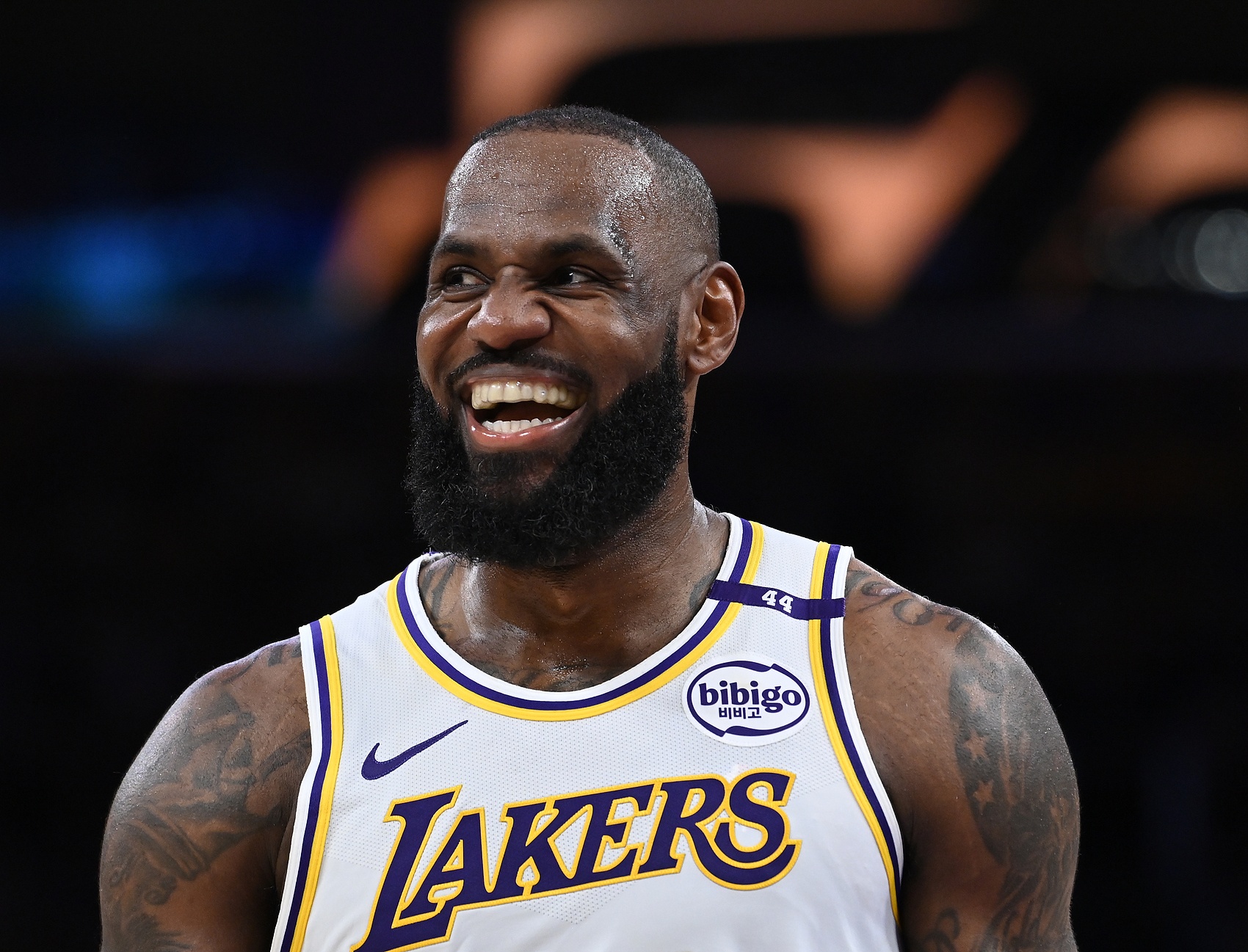
is hinting that James may leave the Lakers?
James does have the right to do so, but comprehensively considering that the probability of his change of family this summer is slim. James has taken root in Los Angeles and should have no intention of strengthening his public image of "frequent team changes". The most important thing is that there is no reasonable next choice for the league at present.
Only the Nets have considerable salary space this summer. Although James has publicly claimed that New York is his favorite city and Brooklyn is his favorite borough, the Nets' almost paper-like lineup is unattractive. Introducing another star through a big deal may help, but this operation will consume the Nets' cap space. IMHO, we are discussing James. When he landed in Los Angeles, he insisted on choosing the Lakers over the Clippers. With his emphasis on public image, it is impossible to join a New York team other than the Knicks, and the Knicks cannot make room for their salary at the moment.
So what about signing first and then changing? Getting the player by signing first and then changing will cause the receiver team to trigger the hard salary cap of the first rich line, and the Knicks' current lineup of only 11 people has exceeded the expected first rich line in the new season. It may be possible in theory, but it is extremely difficult to operate. Unless it is to return to the weaker East, James lacks motivation to do so. What's more, will the Knicks really break up the lineup that has just reached the Eastern Conference Finals just to introduce a veteran in his forties? The answer is likely to be no.
Frankly speaking, when you think of signing first and then changing, what comes to mind is not the Knicks? But the knight. All paths seem to point to northeast Ohio, and James has publicly expressed his desire to retire as a Cavaliers player. The Cavaliers were eliminated by the Pacers 1-4 in the first round of this year, which may prompt the team to make major adjustments this summer. In the East, where overall strength is weak, if a 64-win team wins James, it will immediately jump to the favorite to win the championship next season.
But this is simply not realistic at the financial level. Do you remember that signing first and then changing will trigger the hard salary cap of the first rich line? The Cavaliers are not only surpassing the first tyrant line, but also far exceeding the second tyrant line. Unless James accepts a huge salary cut, there is no way to make enough room through routine operations. What if he chooses the execution option and asks to trade to the Knights? There are also many difficulties. Unmanned salary in the Cavaliers matches James. Multiple players need to be packaged to match the transaction. This move will trigger the hard salary cap of the second rich line, and the Cavaliers' current salary has already broken through this line.. Even if there is theoretical possibility of avoidance, this operation will greatly weaken the depth of the lineup, which is too expensive for teams that need to pay close to the maximum salary for the 40-year-old veteran.
If James insists on returning to the Cavaliers at this moment, he may have to accept a basic salary contract. Maybe he will be willing to serve at the base salary one day in the future, but it is definitely not the moment. So what about the plan to reduce wages moderately? Will
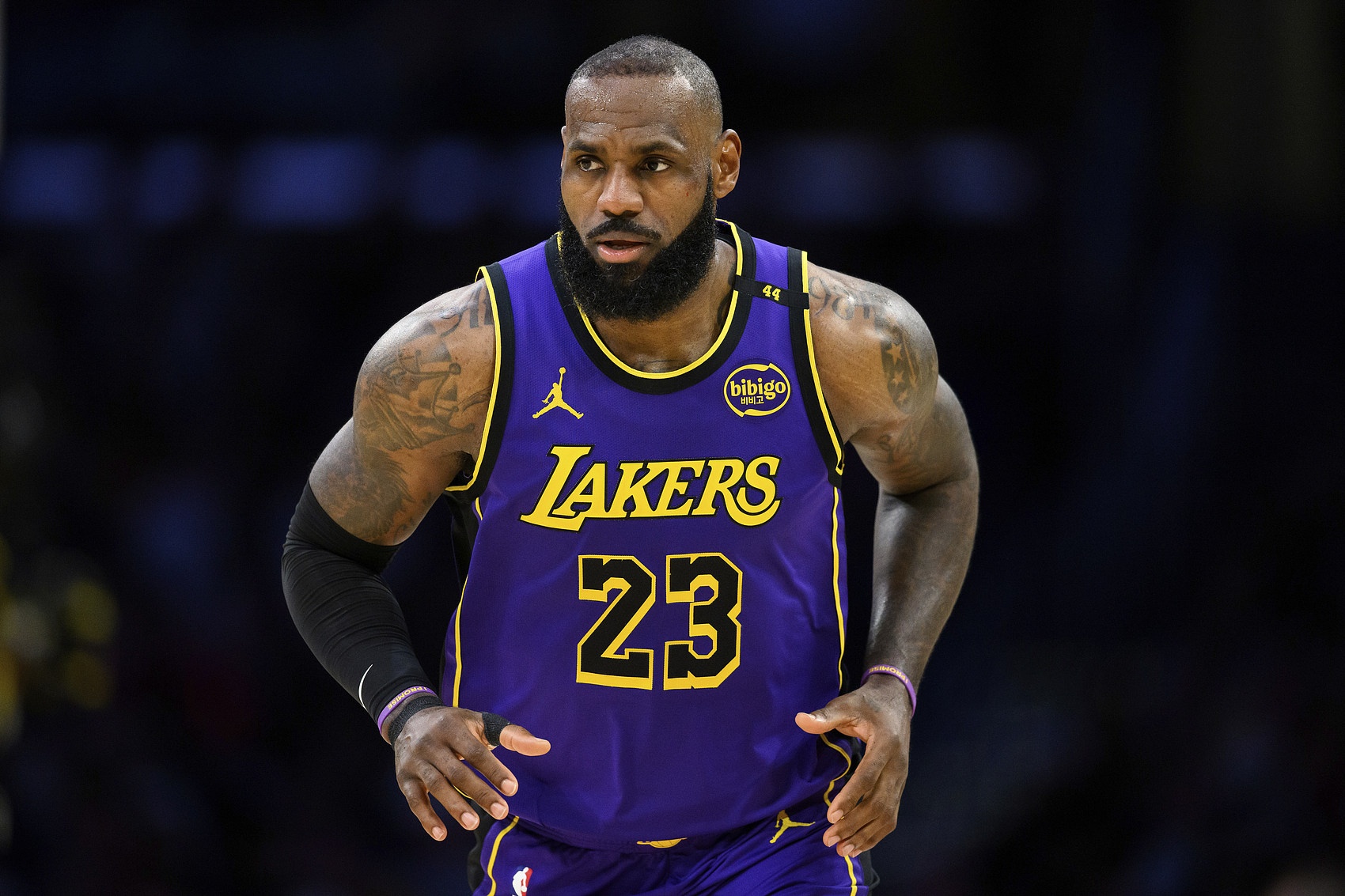
Will James make financial sacrifices for the Lakers? Should he do this?
Last year during the offseason, James offered to make a significant salary cut (about $15 million) so that the Lakers can use the full middle class special or introduce key players by signing first and then changing. The Lakers tried to use this salary flexibility to operate Klay Thompson's signing and then exchange, but ultimately failed, resulting in James' renewal of the contract with an amount close to the maximum salary. One of the core issues of the Lakers this summer is whether to make a similar salary cut request to James again.
It is currently generally expected that James will not accept a salary cut. However, it is still more than a month before the free agent market is opened, and everything has variables. It is worth noting that last year's discussion on salary cuts did not surface until the Lakers selected Brownie, which may suggest some trading logic: James will only consider making concessions when the Lakers show a reinforcement operation worthy of salary cuts.
This is the core contradiction of the problem. It can be seen from the series of defeats to the Timberwolves in the first round of the playoffs that when James occupies the space near the maximum salary, the Lakers' existing lineup is too far from the level of championship competition. This does not deny James' maximum salary value, but highlights the team's urgent need to use all salary tools to strengthen it. For example, the gap between the 14.1 million full middle class special case and the 5.9 million mini middle class special case may directly determine whether the team can participate in the championship competition, and the Lakers can only unlock the full middle class special case if James has a significant salary cut.
Although James takes the initiative with his player options, the Lakers are not without bargaining chips. It should be noted that James is in the final stage of the championship window period. If he wants to win the fifth championship, he must basically grasp the present, while the Lakers, who have 26-year-old Doncic, have longer-term planning space. Of course, the team hopes to win the championship while the Zhan Dong combination is still there, but if James is unwilling to make economic concessions, the management also has the right to refuse to sacrifice future flexibility to achieve his goal of "winning in the present".
Specifically, the Lakers have the first round of tradable picks in 2031, which are the key bargaining chips. If it is placed on the negotiating table, the team is likely to be replaced by a center or wing defender who can immediately improve combat power, which is crucial to the "Zhan Dong combination" next season. But if the draft pick is consumed for the short-term championship, it means that after James retires, the Lakers will lose one important asset to find a new partner for Doncic. The management has sufficient reason to retain this first-round pick: by 2026, the first-round pick will also be lifted into a tradable asset in 2033. By then, the two draft picks can be packaged in exchange for higher-level players, which is obviously more strategic for the Lakers in the post-James era. There are also game points at the financial level. According to the current plan, the Lakers will receive considerable cap space in the summer of 2026. Although the free agent market is skeptical about the star flavor of that year (Jaren Jackson Jr. will become the most suitable target if he refuses to complete an early contract renewal with the Grizzlies), the Lakers will definitely hope to maintain the greatest salary flexibility before he makes a decision. However, if only veterans who have expired contracts are introduced to preserve the salary space in 2026, the team's strengthening choices will be greatly limited. This contradiction between long-term planning and combat power demand is the core crux of the negotiations between the two sides.
This is the bargaining chip that the Lakers can play with James. This summer, management is facing a clear choice: whether to bet on James' current championship window or reserve assets for Doncic's future. If James asks the team to overdraw future draft picks and sacrifices the salary space in 2026 to form an instant combat lineup, the Lakers have every reason to ask him to make corresponding financial concessions, such as reducing the salary to make free up the full space for middle-class special cases required for strengthening.
Further deduction: If the Lakers decide to retain their salary space in 2026, it may very likely mean that James has left the team or has a significant salary cut to stay. In order to sign a maximum-paid player at the level of Jaren Jackson Jr., the Lakers had to give up the reserved space after James became a free agent in 2026. This strategic choice essentially reveals the cruel reality, and the Lakers must make either-or-or tilt between the "James era" and the "post-James era".
What if James hopes to continue playing for the Lakers after the end of next season? Breaking out of the contract at this moment can also give him more control. He can tell the Lakers that they are willing to cut their salary, but they need to add next year's player options as a condition. This will ensure that James has the right to speak for the team's operations next summer, and the transaction veto rights it has obtained basically eliminates the risk of forced transactions.
Therefore, whether from the perspective of team reinforcement needs or personal career planning, salary cuts have reasonable motivations for both parties, but the final decision is still firmly in the hands of James. The 40-year-old legendary star has a month to weigh the pros and cons, and his choice will directly define the Lakers' development trajectory in the next few years.
Original text: Sam Quinn
Compiled by: Li Taibai
Game VN

